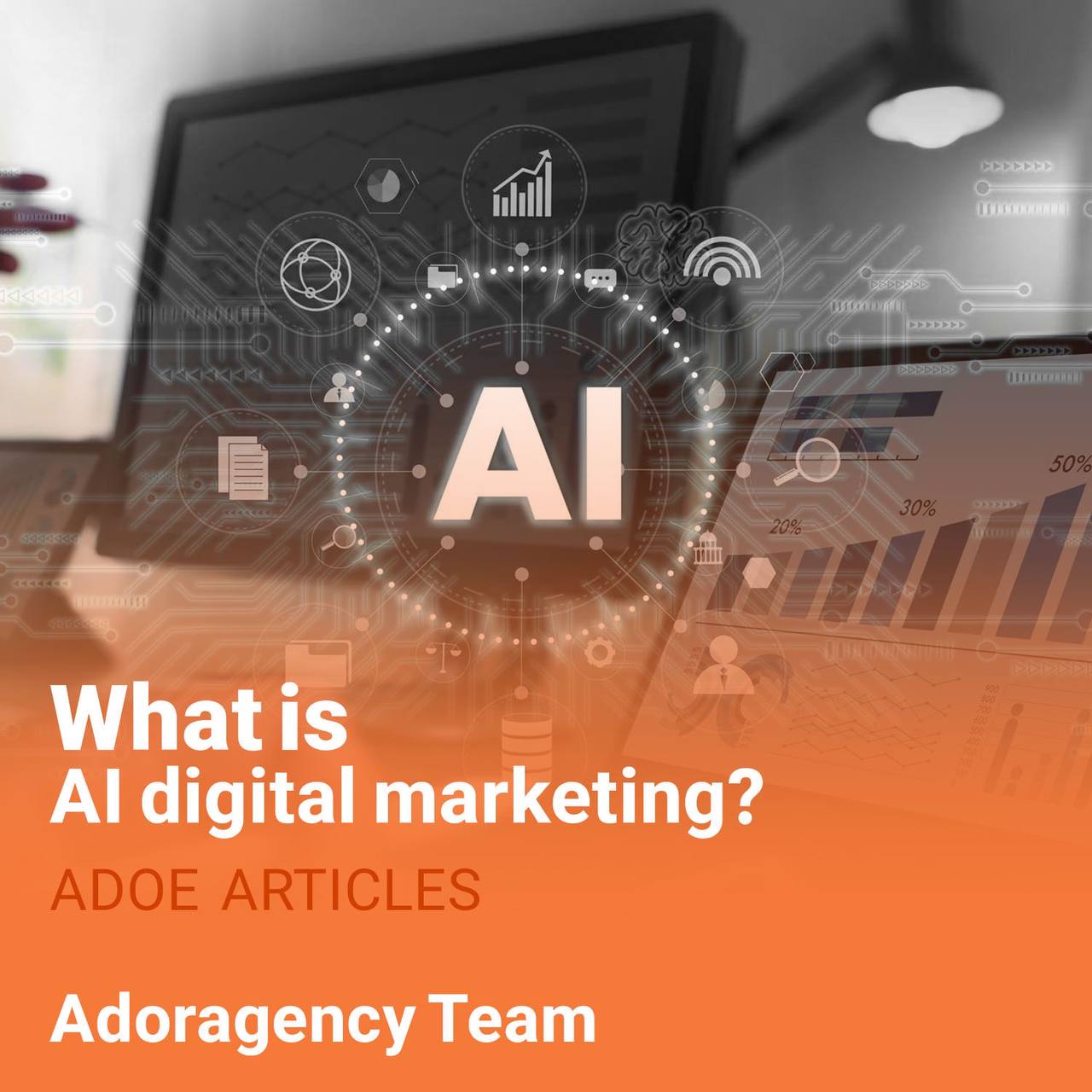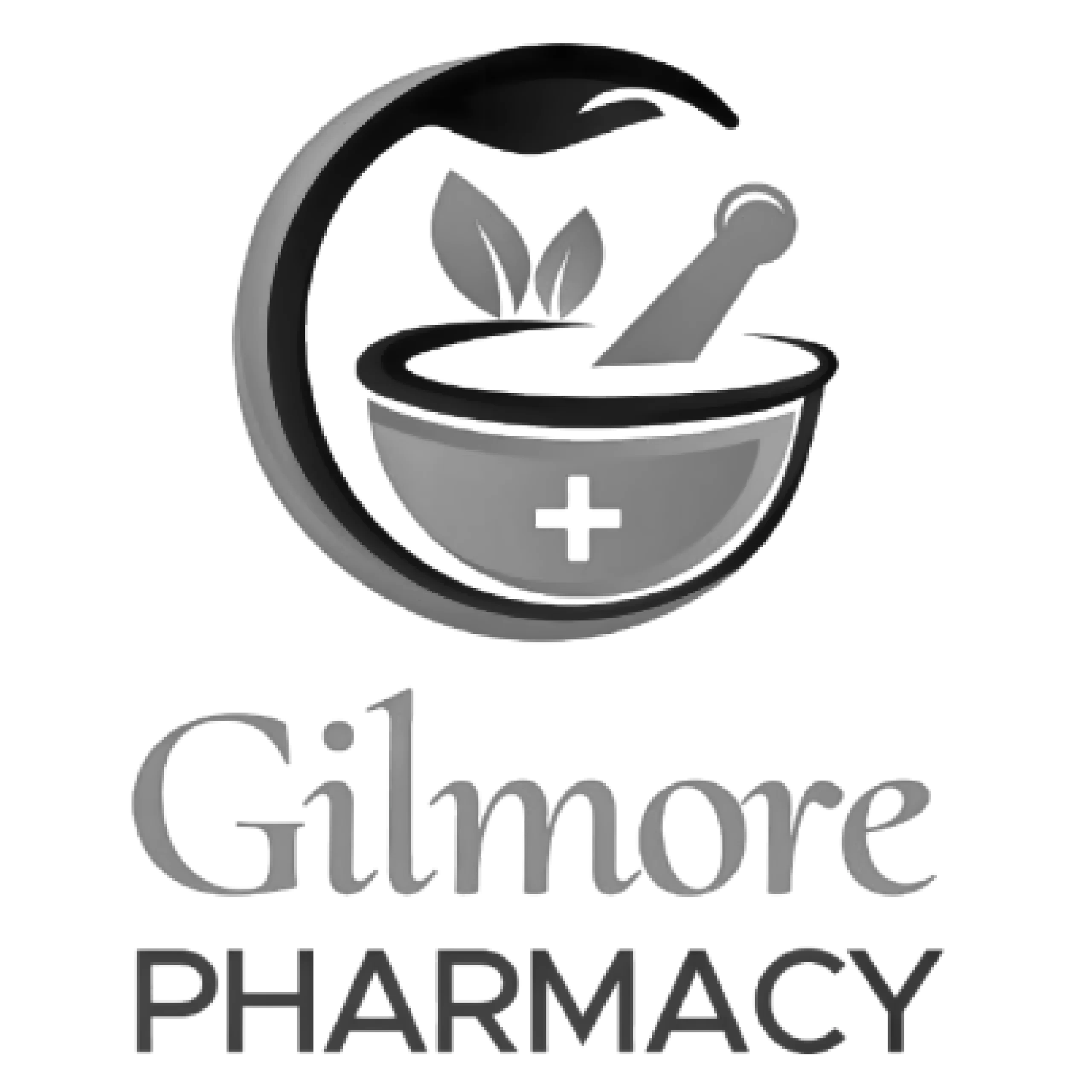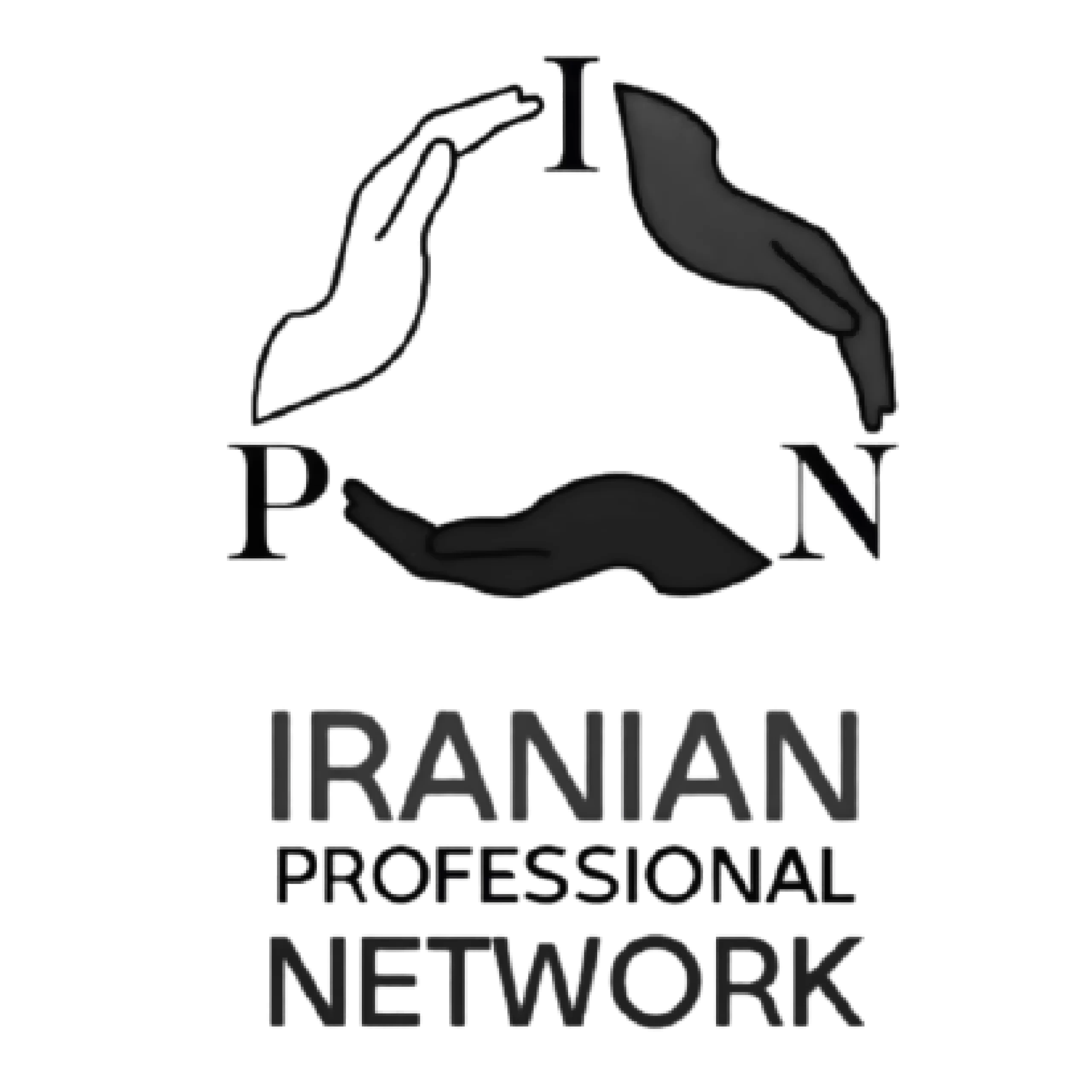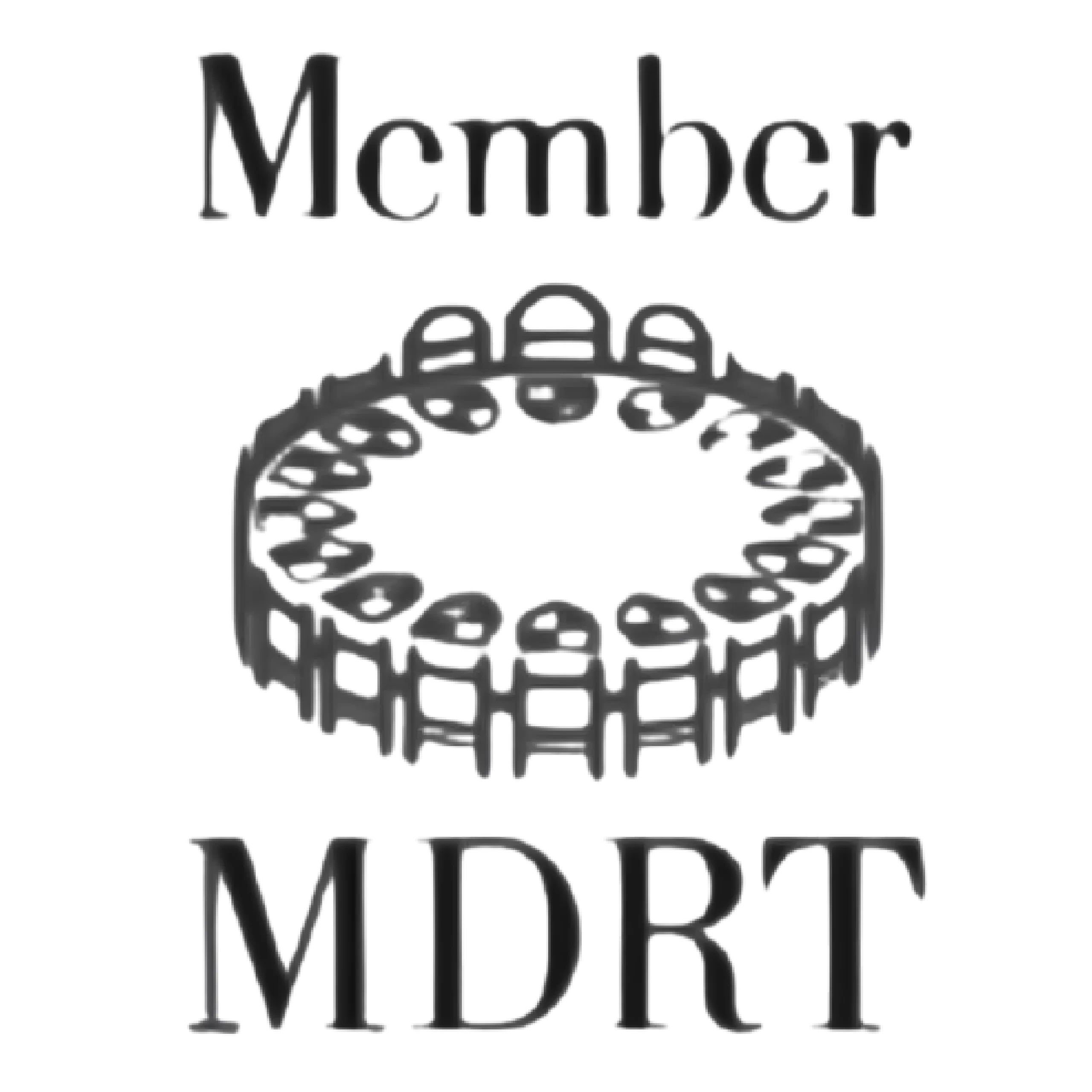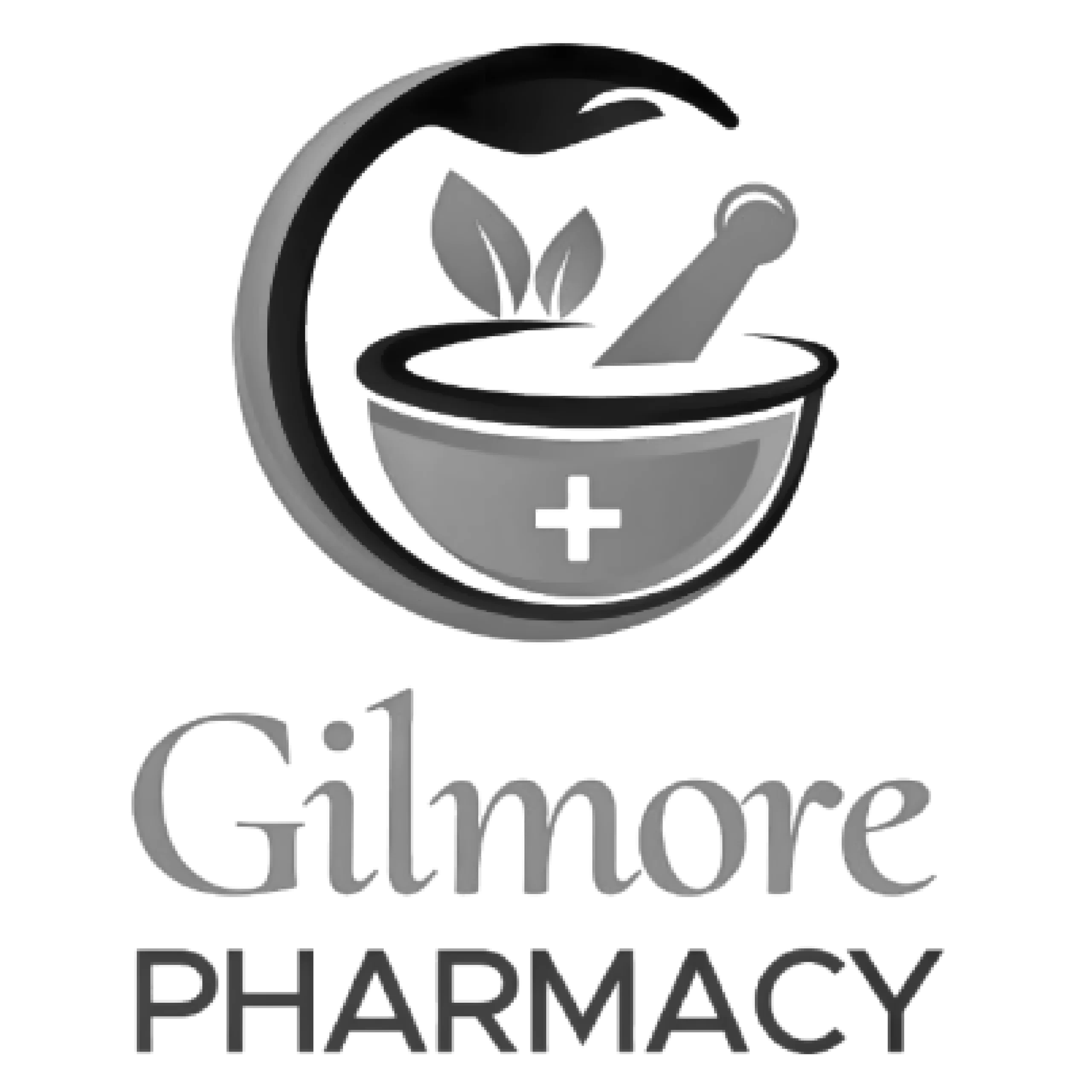Artificial Intelligence (AI) is revolutionizing digital marketing by enabling more personalized, efficient, and effective strategies. AI technologies analyze large datasets to provide insights into consumer behavior, automate tasks, and enhance customer engagement. Key applications include:
- Personalization: AI delivers tailored content and product recommendations based on user preferences and behavior.
- Automation: AI-powered tools, such as chatbots and automated campaign managers, streamline operations and improve customer interactions.
- Data Analysis: AI helps marketers predict trends, segment audiences, and optimize ad placements for better ROI.
- Enhanced Customer Experience: AI-driven sentiment analysis and voice search optimization enhance how customers interact with brands.
By leveraging AI, marketers can create more targeted campaigns, improve user experiences, and ultimately achieve greater success in the digital marketplace.
What Are the Best AI Marketing Tools in 2024?
What is AI in Digital Marketing?
AI in Digital Marketing refers to the use of artificial intelligence technologies like machine learning, natural language processing, computer vision, etc. to enhance and automate various aspects of digital marketing. AI is revolutionizing how businesses approach marketing in the digital age.
One major application is using AI for predictive analytics to better understand consumer behavior, interests, and purchase patterns from vast troves of data. This allows for hyper-personalized marketing tailored to each individual. AI algorithms can analyze a customer’s browsing, purchase history, demographic data and serve up the most relevant product recommendations, ads, and content.
AI powers sophisticated automation of marketing tasks like programmatic ad buying, content creation and curation, campaign optimization, lead scoring, chatbots for customer service, voice search optimization, and more. Machine learning models can continuously test various tactics and self-optimize marketing strategies over time for maximum ROI.
AI and computer vision make it possible to gather insights from images/videos for visual search, facial recognition advertising, and understanding a user’s environment for customized augmented reality experiences. Natural language processing enables voice interfaces, sentiment analysis, and seamless omnichannel conversations.
As AI capabilities continue advancing, its impact on digital marketing will only grow. Companies embracing AI gain a decisive competitive edge in relevance, efficiency and providing superior customer experiences.
AI Digital Marketing Tools
AI Digital Marketing Tools are software solutions that leverage artificial intelligence to automate, optimize, and enhance various digital marketing activities. These cutting-edge tools are rapidly becoming indispensable for modern marketers. Some key examples include:
- Marketing Automation Platforms: Using AI/machine learning for lead scoring, personalized email campaigns, predictive analytics, and nurturing prospects through the customer journey.
- Content Creation & Curation Tools: AI can generate original content like articles, product descriptions, ads and suggest the most engaging content to share based on data analysis.
- Conversational AI/Chatbots: Natural language processing powers virtual assistants and chatbots to handle customer inquiries, product recommendations and sales.
- Programmatic Advertising: AI algorithms optimize ad targeting, bidding strategies, placement and creative in real-time across platforms for maximum ROI.
- Social Media Marketing Tools: AI analyzes audience data, automates postings, monitors brand mentions, suggests trending hashtags and optimizes paid social campaigns.
- Voice Search Optimization: As voice assistants grow, AI helps marketers optimize websites, content and listings to rank better in voice search results.
- Image/Video Recognition: Computer vision identifies individuals, objects, activities, text and more in images/videos for targeting, content tagging and analysis.
AI powers insightful market and customer analytics by processing massive datasets. It enables hyper-personalized experiences, intelligent automation and data-driven decision making for superior digital marketing performance.
How to use AI in Digital Marketing?
AI is rapidly transforming the digital marketing landscape, offering innovative ways to streamline processes, optimize campaigns, and deliver personalized user experiences. Here are some powerful ways businesses can leverage AI in their digital marketing strategies:
- Predictive Analytics: AI algorithms can analyze vast amounts of customer data to predict future behavior, preferences, and purchasing patterns. This enables highly targeted marketing tailored to each user’s interests and needs.
- Content Creation & Curation: AI tools can automatically generate engaging marketing copy, emails, social media posts and even design assets based on data insights. They can also curate the most relevant third-party content to share.
- Chatbots & Conversational AI: Natural language processing powers intelligent chatbots and virtual assistants to handle customer inquiries, offer product recommendations, and generate leads through friendly conversations.
- Programmatic Advertising: AI-driven programmatic ad buying optimizes ad targeting, bidding, placement, and creative in real-time across platforms for maximum ROI.
- Email Marketing Automation: AI can segment audiences, personalize emails at scale, identify the ideal send times, and adapt email flows based on user engagement.
- Social Media Marketing: AI tools automate posting, monitor brand mentions, suggest trending hashtags, run paid campaigns across platforms, and provide deep audience insights.
- Voice & Visual Search Optimization: As voice assistants and visual search grow, AI helps structure content and optimize websites to rank well in these search modes.
- Smart Bidding & Budget Allocation: AI dynamically adjusts bids and budget distribution across channels, demographics and more to drive better marketing performance.
By leveraging AI’s predictive modeling, automation capabilities and ability to process massive data sets, marketers can hyper-personalize experiences, streamline processes and drive data-driven decisions for superior ROI.
How AI is revolutionizing content creation, personalization, and ad targeting
Artificial Intelligence is ushering in a new era of digital marketing by revolutionizing how content is created, how experiences are personalized, and how ads are precisely targeted. AI is empowering marketers to operate with unprecedented efficiency and relevance at scale.
Content Creation:
AI can now generate original, coherent, and engaging marketing copy like articles, product descriptions, ad copy, emails and social media posts. Natural language generation models analyze data patterns to produce content indistinguishable from human-written pieces. This allows marketers to scale content production drastically.
AI also powers intelligent content curation, surfacing the most engaging third-party content to share based on topical relevance, audience interests, and performance analytics.
Personalization:
By processing vast amounts of user data, AI enables hyper-personalized digital experiences tailored to each individual’s preferences, behaviors and contexts. Machine learning models build comprehensive unified customer profiles to serve up the most relevant content, product recommendations, user experiences and messaging.
This AI-driven personalization nurtures deeper customer relationships, boosts engagement and conversions across channels and touchpoints in the customer journey.
Ad Targeting:
The convergence of AI and programmatic advertising has allowed for unprecedented precision in ad targeting across platforms. AI algorithms can optimize audience targeting, bidding strategies, creative selection and ad placements in real-time based on massive datasets.
This intelligent ad delivery at scale maximizes ROI by showing the right ads to the right users at the right moments for higherClick-through and conversion rates.
From automating content operations to individualizing experiences and fine-tuning ad efficiency, AI is giving digital marketers unparalleled capabilities to drive performance.
The rise of advanced AI language models like ChatGPT is opening up new frontiers for marketers to amplify their strategies and workflows. These cutting-edge tools have immense potential to augment marketing capabilities in powerful ways:
Content Generation at Scale
Perhaps the most obvious use case, AI writers like ChatGPT can generate high-quality marketing copy across formats like blog posts, product descriptions, ad copy, email newsletters and more at an unprecedented scale. By providing clear prompts, marketers can rapidly produce engaging, on-brand content personalized to their audience.
Automating Repetitive Tasks
From drafting social media updates to answering routine customer inquiries, AI assistants can automate countless time-consuming tasks. This frees up marketers to focus on higher-level strategy and creative efforts.
Personalized Communications
By understanding customer data and conversational context, AI can dynamically generate hyper-personalized emails, chat responses and other communications tailored to each user’s specific interests, pain points and purchase journey stage.
Intelligent Content Curation
AI can quickly analyze massive amounts of data to intelligently surface the most relevant, high-performing third-party content for audience sharing based on their topics of interest.
Insightful Market & Audience Analysis
AI can rapidly process large data sets to uncover hidden patterns, insights and recommendations to better understand market trends, audience behaviors and optimize marketing performance.
However, there are ethical considerations around transparency in AI content creation. But overall, marketers who leverage AI assistants strategically gain a formidable productivity multiplier across ideation, creation, automation and personalization capabilities.
What is Branding and why it is so important in 2024
Ethical considerations and guidelines for using AI in marketing
The rise of advanced AI language models like ChatGPT is opening up new frontiers for marketers to amplify their strategies and workflows. These cutting-edge tools have immense potential to augment marketing capabilities in powerful ways:
Content Generation at Scale
Perhaps the most obvious use case, AI writers like ChatGPT can generate high-quality marketing copy across formats like blog posts, product descriptions, ad copy, email newsletters and more at an unprecedented scale. By providing clear prompts, marketers can rapidly produce engaging, on-brand content personalized to their audience.
Automating Repetitive Tasks
From drafting social media updates to answering routine customer inquiries, AI assistants can automate countless time-consuming tasks. This frees up marketers to focus on higher-level strategy and creative efforts.
Personalized Communications
By understanding customer data and conversational context, AI can dynamically generate hyper-personalized emails, chat responses and other communications tailored to each user’s specific interests, pain points and purchase journey stage.
Intelligent Content Curation
AI can quickly analyze massive amounts of data to intelligently surface the most relevant, high-performing third-party content for audience sharing based on their topics of interest.
Insightful Market & Audience Analysis
AI can rapidly process large data sets to uncover hidden patterns, insights and recommendations to better understand market trends, audience behaviors and optimize marketing performance.
However, there are ethical considerations around transparency in AI content creation. But overall, marketers who leverage AI assistants strategically gain a formidable productivity multiplier across ideation, creation, automation and personalization capabilities.
what is content marketing and why should we use it?
Cons and Pros of AI digital marketing
Pros of AI in Digital Marketing:
- Hyper-Personalization at Scale: AI enables analyzing massive user data to deliver personalized content, product recommendations, and experiences tailored to each individual’s preferences and behaviors across channels.
- Intelligent Automation: AI can automate many time-consuming tasks like content creation, audience segmentation, ad buying, customer service conversations and more, boosting efficiency.
- Predictive Analytics: Machine learning models can predict future consumer trends, demands, and purchase behaviors by uncovering patterns in data, allowing marketers to plan strategies accordingly.
- Optimized Ad Targeting: AI powers programmatic ad buying by continuously optimizing targeting, bidding, placement, and creative in real-time for maximizing ROI.
- Enhancing Customer Experiences: Conversational AI chatbots powered by NLP provide quick, personalized, and satisfying customer support experiences 24/7.
- Content Intelligence: AI tools can intelligently create, curate, and recommend the most engaging content tailored to audience interests.
Cons of AI in Digital Marketing:
- Data Privacy Concerns: The collection and usage of large user data for AI marketing applications raises ethical privacy issues that need to be addressed.
- Implementation Challenges: Integrating AI marketing tools within existing tech stacks and upskilling teams can involve significant costs and change management efforts.
- Over-Personalization Risks: Excessive personalization enabled by AI could inadvertently create “filter bubbles” limiting customers’ exposure to diverse content.
- Transparency Issues: There are concerns around disclosure when AI is involved in content creation or conversational marketing experiences.
- Job Displacement: The automation of some marketing roles by AI could lead to workforce reductions and the need for professionals to develop new skills.
While tremendously promising, the adoption of AI in marketing requires carefully weighing and mitigating the potential risks and drawbacks.
What is an advertisement and why are important?
Conclusion
AI is transforming digital marketing by enhancing personalization, efficiency, and effectiveness. Through advanced data analysis, automation, and real-time insights, AI empowers marketers to create targeted campaigns and improve customer experiences. Embracing AI in digital marketing strategies is essential for staying competitive and achieving better outcomes in the evolving digital landscape.
What is Digital Marketing? | How it helps to grow our business?
FAQs
1. What is AI and how is it used in digital marketing?
AI (Artificial Intelligence) refers to the ability of machines/computers to mimic human intelligence. In digital marketing, AI is used for predictive analytics, content creation, personalization, ad targeting, automation, chatbots and more.
2. What are some common AI tools used by digital marketers?
Popular AI marketing tools include automation platforms (HubSpot, Marketo), conversational AI (Drift, ManyChat), predictive analytics (Salesforce Einstein), content generation (Copyai, Jasper) and programmatic ad platforms.
3. How does AI help with marketing personalization?
By analyzing large user data sets, AI can build detailed unified customer profiles to deliver hyper-personalized content, product recommendations, messaging and experiences tailored to each individual’s interests and behaviors.
4. What are the benefits of using AI in digital marketing?
Key benefits include hyper-personalization at scale, intelligent process automation, predictive consumer analytics, optimized ad targeting and delivery, enhanced customer experiences via conversational AI, and content intelligence.
5. What are some potential drawbacks or risks of AI marketing?
Potential downsides include data privacy concerns, implementation challenges, risk of over-personalization/filter bubbles, transparency issues around disclosure of AI involvement, and workforce displacement.
6. How can I get started with incorporating AI into marketing efforts?
A: Start by auditing your marketing tech stack and data resources. Then identify key use cases that can benefit from AI solutions. Develop an implementation plan, align your team and roll out AI pilots before broader rollout.

